Rural Community Immigration Pilot (RCIP)
What Is the Rural Community Immigration Pilot (RCIP)?

What Is the Rural Community Immigration Pilot (RCIP)?
The Rural Community Immigration Pilot (RCIP) is an employer‐driven, community‐specific pathway to Canadian permanent residence launched by Immigration, Refugees and Citizenship Canada (IRCC) on January 30, 2025. It replaces the earlier Rural and Northern Immigration Pilot (RNIP), which closed to new applications in August 2024, and is designed to address labour shortages in smaller communities by linking designated local employers with skilled foreign workers seeking to settle long-term outside major urban centres (outside of Quebec).
Participating Communities
As of its January 30 launch, RCIP encompasses 14 communities across six provinces. Each community partners with a local economic development organization to nominate employers and recommend candidate applications for permanent residence:
- Nova Scotia: Pictou County
- Ontario: North Bay, Sudbury, Timmins, Sault Ste. Marie, Thunder Bay
- Manitoba: Steinbach, Altona/Rhineland, Brandon
- Saskatchewan: Moose Jaw
- Alberta: Claresholm
- British Columbia: West Kootenay, North Okanagan Shuswap, Peace Liard
Eligibility Criteria
To be eligible for RCIP, applicants must meet all of the following at time of application:
- Job Offer: A genuine, full‐time offer of employment from a designated employer in one of the participating communities.
- Work Experience: Sufficient relevant work history (waived for qualifying recent international graduates under certain conditions).
- Language Proficiency: Meets the Canadian Language Benchmark (CLB) level required for the National Occupational Classification (NOC) TEER category of the job.
- Education: Minimum of a secondary-school credential (or equivalent).
- Proof of Funds: Demonstrate enough funds to support oneself and any dependants for one year.
- Intent to Reside: Genuine intent to settle in the specific rural community where the job is located.
- Certificate of Recommendation: A valid recommendation from the local economic development organization.
- Status in Canada (if applicable): – Applicants already in Canada must hold and maintain valid temporary resident status (e.g., work or study permit) until PR is granted.
How It Works & Next Steps
Community Identification of Labour Gaps: Local economic development organizations work with IRCC to pinpoint priority occupations and designate trustworthy employers.
Employer Designation: Employers must apply through their community organization to become “designated” and be able to hire under RCIP.
Candidate Application: Once a community sets its timeline and designates employers, eligible foreign workers with job offers can apply directly for permanent residence through IRCC, submitting all required documentation including the certificate of recommendation.
Pilot Duration & Future: RCIP will operate for up to five years, after which IRCC will evaluate its outcomes. Successful elements may be made permanent, as has been indicated for the predecessor RNIP program
Benefits of the RCIP Program
- Permanent Residency Pathway
RCIP provides skilled foreign workers with a direct pathway to Canadian permanent residency, even if they don’t have high scores under Express Entry. This is especially beneficial for workers with job offers in rural areas who might not qualify through federal programs. - Community Integration
One of RCIP’s unique strengths is its community-based support. Newcomers are welcomed by local organizations, employers, and residents who help with housing, schooling, transportation, and cultural adaptation. - Employer-Driven Model
Employers play a central role in identifying labour needs and offering jobs to eligible workers. This ensures that newcomers are matched with real opportunities, reducing the chance of underemployment. - Opportunities for Graduates
Recent international graduates from post-secondary institutions in the participating communities may be exempt from the work experience requirement, encouraging students to stay and build a life in the region. - Support for Families
RCIP allows applicants to bring their spouses and dependents with them to Canada. Family members can also apply for open work permits or study permits, increasing the attractiveness of this option for long-term settlement.
Common Challenges
Despite its strengths, RCIP comes with a few challenges:
- Limited Spots: Each community has a cap on the number of recommendations it can issue annually, making the process competitive.
- Strict Local Commitment: Applicants must show genuine intent to live and work long-term in the specific rural community, not elsewhere in Canada.
- Employer Designation Requirement: Job offers must come only from designated employers, not just any business within the area.
- Processing Time: PR processing may still take several months after local recommendation, depending on IRCC’s volume and document completeness.
How to Apply for RCIP
Step 1: Confirm Community and Employer Designation
Visit the community’s official RCIP page to view designated employers and open job positions.
Step 2: Secure a Job Offer
Apply for a full-time, non-seasonal job from a designated employer. Your occupation must match the community’s labor shortage list.
Step 3: Apply for Community Recommendation
Submit documents including your job offer, resume, proof of intent to stay in the community, and identity documents to the community’s economic development office.
Step 4: Get the Community Recommendation Certificate
If accepted, you’ll receive a Certificate of Recommendation, a key document to include in your permanent residency application.
Step 5: Submit PR Application to IRCC
Prepare your full application including your certificate, medical exams, police clearance, proof of language skills, and funds.
Step 6: Wait for PR Decision
After submitting your application, monitor your IRCC portal for updates. You may be asked for biometrics or additional information.
Final Thoughts
The RCIP Program offers a meaningful chance to immigrate to Canada through genuine work and community connection. For newcomers seeking a quieter lifestyle, lower cost of living, and strong community support, RCIP is one of the most welcoming and practical routes to permanent residence.
Pictou County (Nova Scotia)
Priority Sectors & Occupations (2025):
- Business, Finance & Administration
- Health
- Sales & Service
- Trades, Transport & Equipment
- Manufacturing timminsedc.com pictoucountypartnership.com canada.ca
In-Demand Roles:
Bookkeepers, Carpenters, Cooks, Data Scientists, Software Developers, Pharmacists, Plumbers, Restaurant Managers, Retail Supervisors, Roofers, Telecom Technicians, Woodworking & Printing Operators, etc. (some roles capped at 10%)canadaimmigration.news immiperts.com visasolutions4u.com
Intake Window:
First recommendation intake: July 2–15, 2025 visaverge.com
Where to Find Job Listings:
- Official RCIP info & priorities: Pictou County Partnership RCIP page.
- Local job opportunities often available through Job Bank filtered to Pictou County RCIP sectors—check during the intake period. timminsrcip.com visaverge.com canadaimmigration.news
📍 Timmins (Ontario) – RCIP + FCIP
Priority Sectors & Occupations:
Health; Education, Social/Community Services; Trades & Transport; Natural Resources & Agriculture; Business & Finance nccanadaimmigration.com timminsedc.com immiperts.com.
Key Roles Include:
Registered Nurses, LPNs, Truck Drivers, Mechanics, Welders, Industrial Electricians, Heavy Equipment Operators, Bookkeepers, Financial Advisors, Early Childhood Educators, Lab Technologists, Social Workers, Caregivers, etc. (plus FCIP‑specific roles like livestock workers) nccanadaimmigration.com timminsedc.com+5immiperts.com.
Intake Periods:
Multiple monthly intake windows throughout 2025:
- June 22–28
- July 27–August 2
- August 24–30, and more immiperts.com nccanadaimmigration.com blueirisimmigration.ca
Where to Find Job Listings:
- Timmins Economic Development Corporation (TEDC) – RCIP‑FCIP page: job board + intake information pictoucountyrcip.com timminsedc.com happyfacetravels.com.
- Timmins has published a designated employer list, including companies in mining, healthcare, transport, financial, and community sectors nccanadaimmigration.com canadacareersite.com.
- Agencies like CITRN Manpower offer updated job postings and employer connections under Timmins RCIP immiperts.com
How to Use These Job Alerts
- Choose a community that fits your skills and lifestyle.
- Visit the official community RCIP page to view priority sectors, occupations, designated employer lists, and intake dates.
- Search & apply for jobs with designated employers active in RCIP sectors (via Job Bank or employer sites).
- Connect your employer: Let them know you’re applying through RCIP—they will submit your community recommendation during intake.
- Track intake periods and prepare your documents (resume, language test, education credentials).

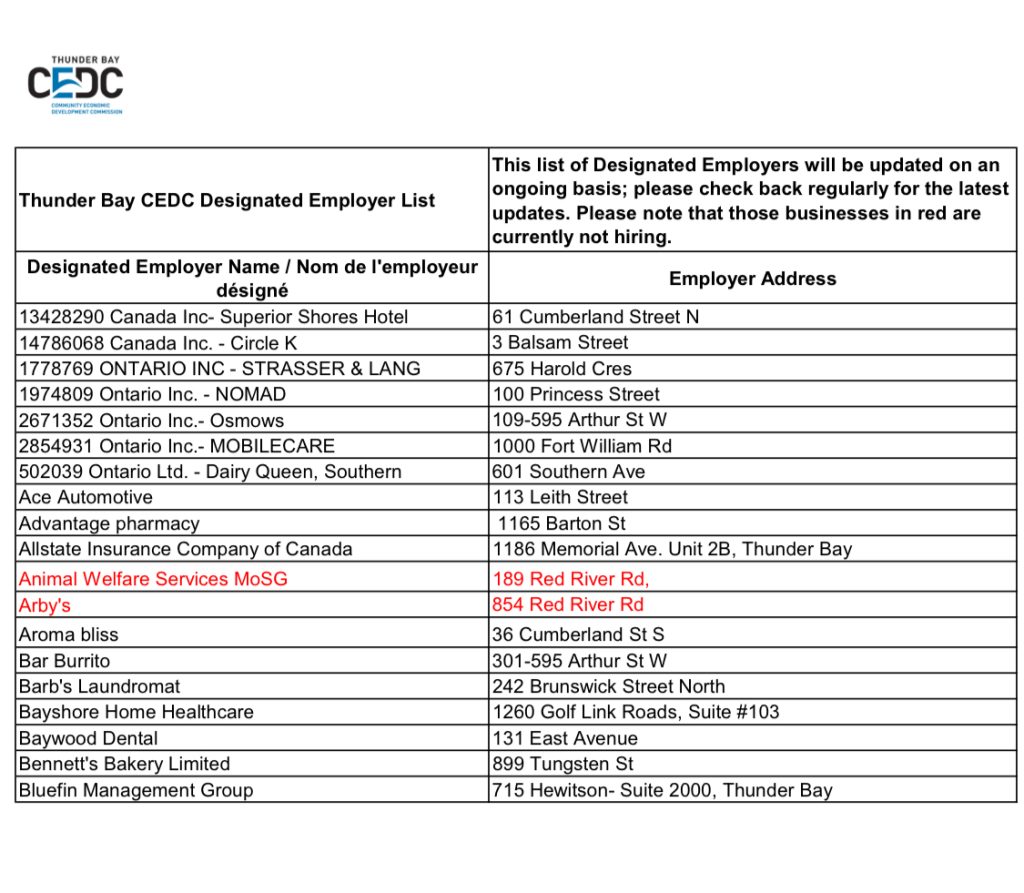
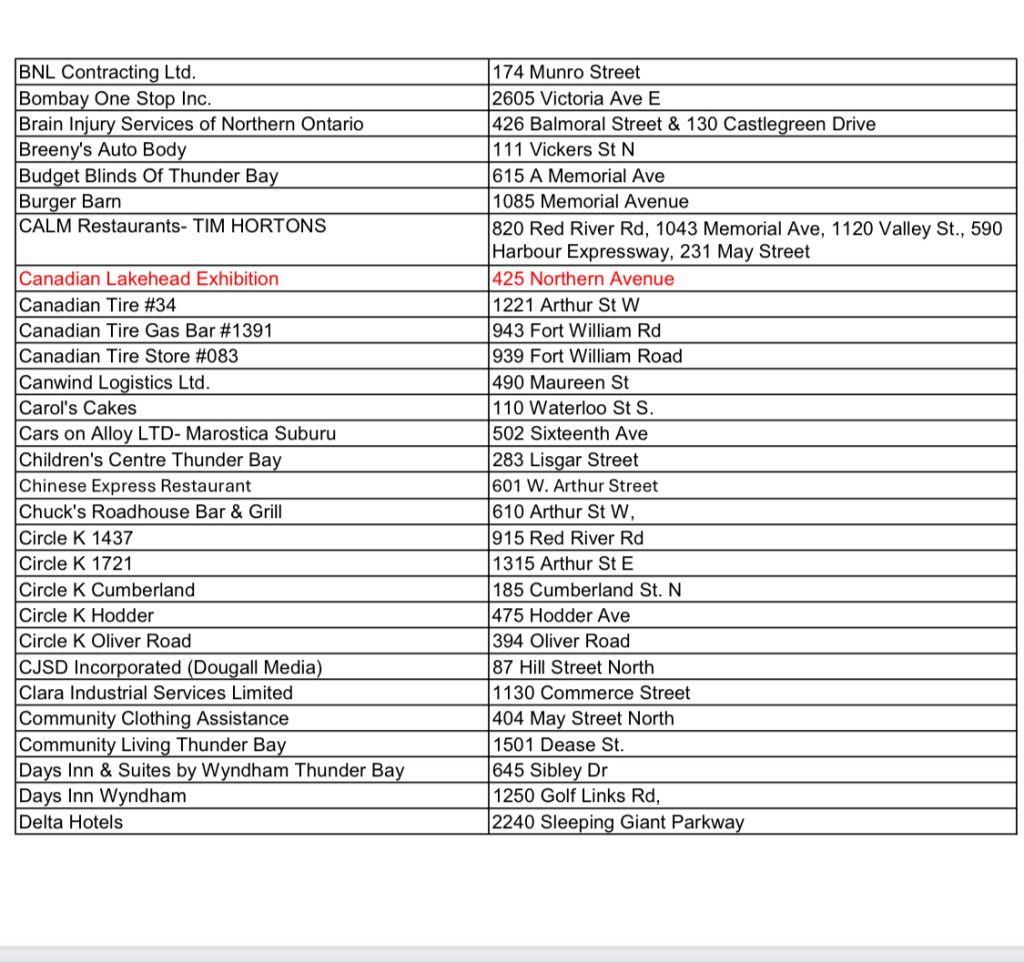
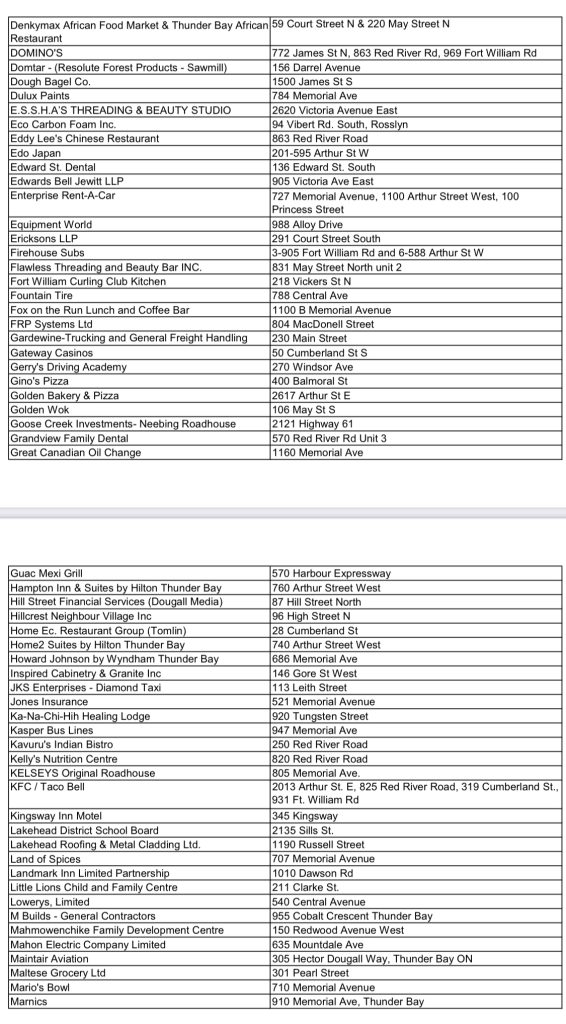
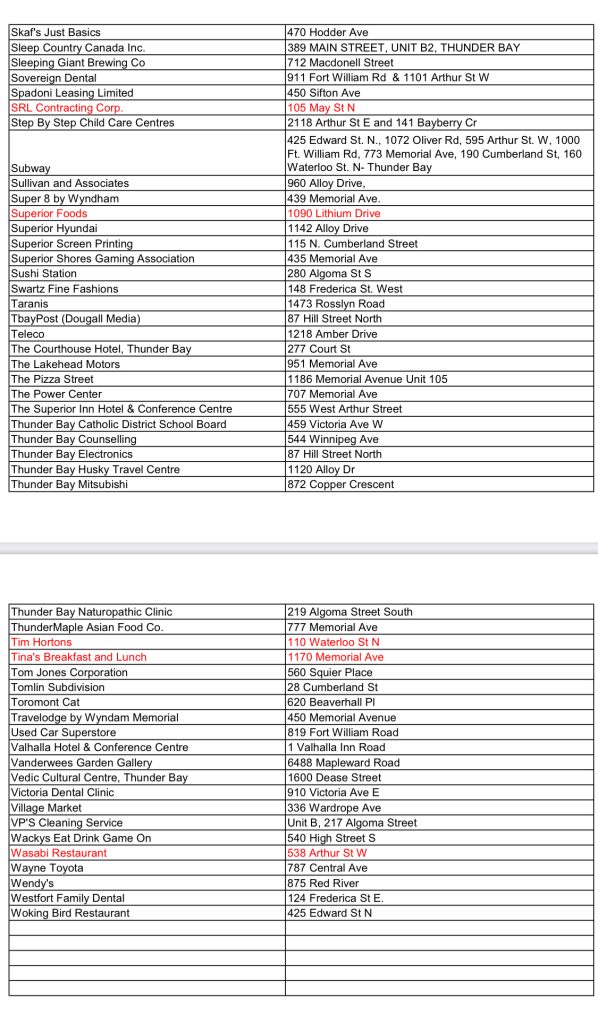
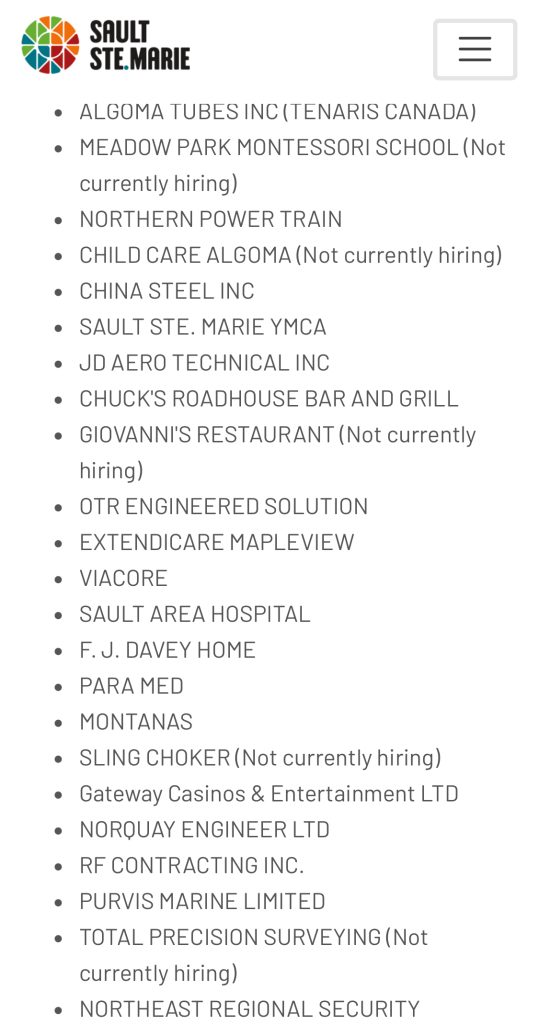
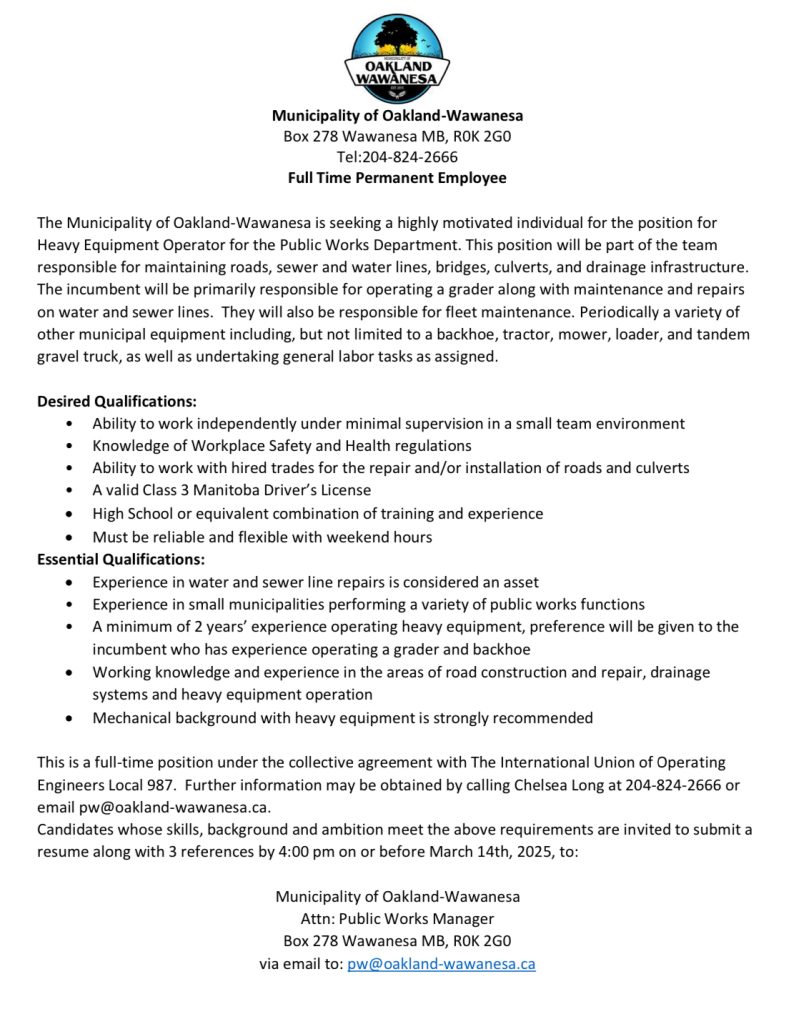
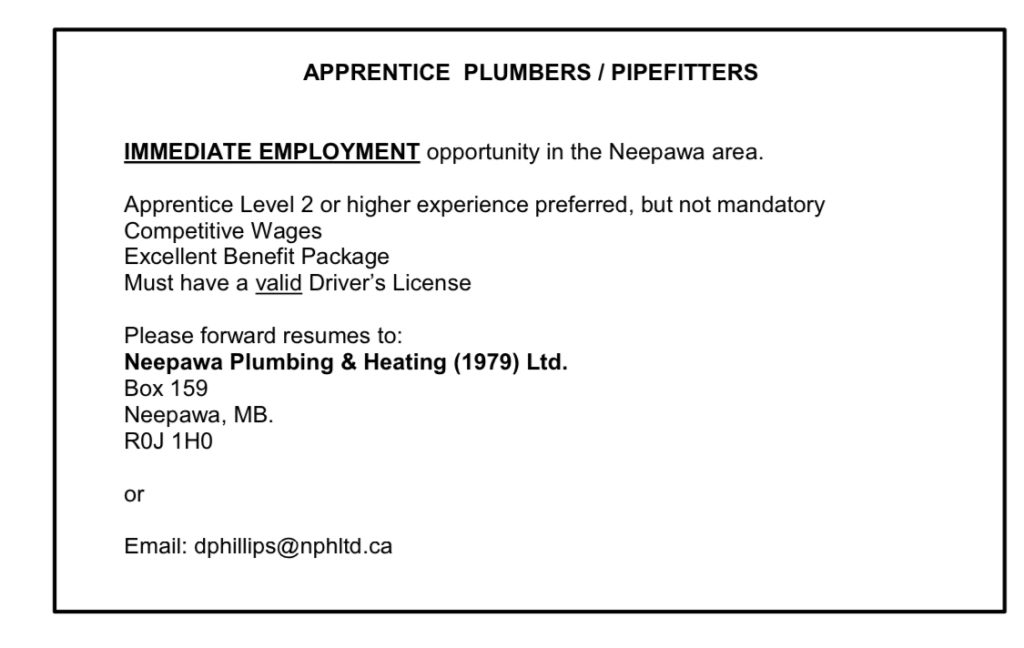

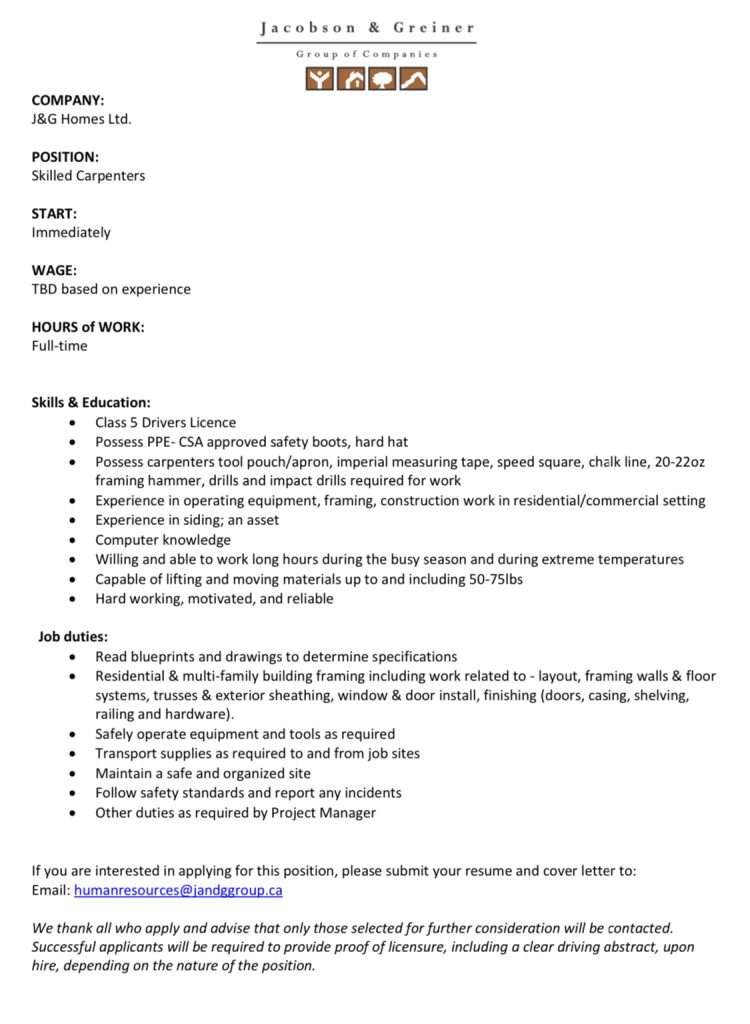








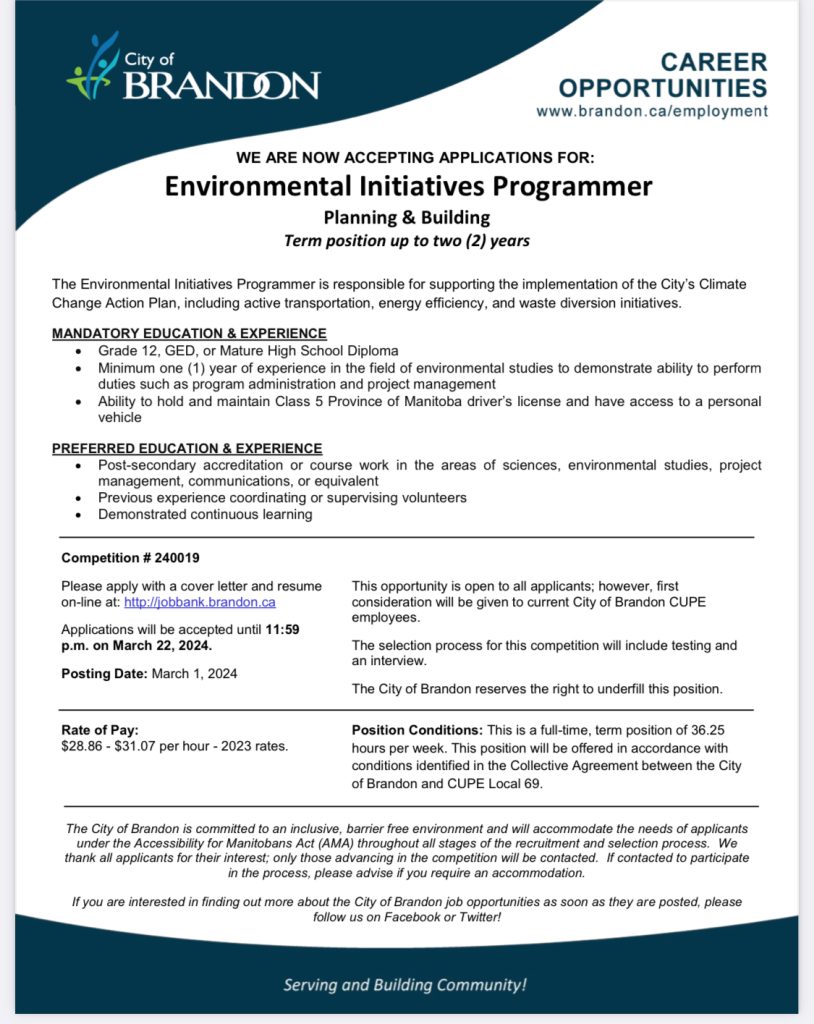

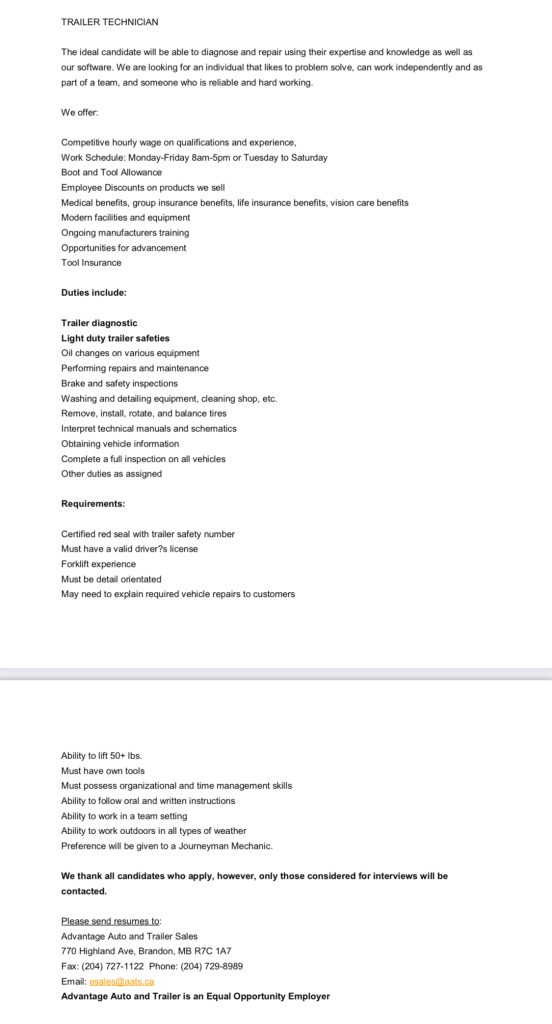
Custom RCIP Job‑Alert Package
1. Pictou County, NS
- Priority Sectors (2025):
– Business/Finance/Admin, Health, Sales/Service, Trades/Transport, Manufacturing citrnmanpower.ca canadacareersite.com claresholm-rcip.ca immiperts.com pictoucountypartnership.com cicnews.com - *Note: roles marked with * are capped at 10% of intake
- Intake Window: July 2–15, 2025 – up to 60 recommendations immigcanada.com visaverge.com immicalculator.com
- Resources:
– Official RCIP site: Pictou County RCIP – job board via Canada Job Bank timminsedc.com pictoucountyrcip.com immicalculator.com
– Info & scoring grid PDF for candidate ranking pictoucountypartnership.com
2. Timmins, ON (RCIP + FCIP)
- Priority Sectors: Health, Education/Social Services, Trades/Transport, Natural Resources/Agriculture, Business/Finance canadacareersite.com timminsedc.com immigration2canada.com
- Designated Employers (Hiring):
360 Boring Services, Agnico Eagle Mines, Boudreau Automotive, DM Enterprises, EV Nickel, Pepco, St. Mary’s Gardens, Timmins and District Hospital, Toromont Cat, YMCA Northeastern Ontario, among othersimmicalculator.com+11timminsedc.com+11immigtoronto.com+11
- Designated Employers (Hiring):
- In‑Demand Roles: Registered nurses, LPNs, mechanics, welders, heavy equipment operators, bookkeepers, ECEs, lab technologists, social workers, caregivers, truck drivers, etc. immiperts.com
- **Intake Windows (2025):**
– June 22–28
– July 27–August 2
– Aug 24–30 (and further monthly regular intakes) raincityimmigration.com canada.ca timminsedc.com - Resources:
– TEDC RCIP‑FCIP page + employer list PDF timminsrcip.com timminsedc.com timminsedc.com
– CITRN Employers guide canadacareersite.com citrnmanpower.ca citrnmanpower.ca
– Immiperts current job board listings canadacareersite.com immiperts.com immiperts.com
- **Intake Windows (2025):**
3. Sault Ste. Marie, ON
- Sectors: Education, Health, Manufacturing, Sales/Service, Trades/Transport citrnmanpower.ca immigration2canada.com visaverge.com
- Sample Employers: Chuck’s Roadhouse, Extendicare, F.J. Davey Home, Montesanas, OTR Engineered Solutions, Sault Area Hospital, YMCA
- Application Requirements: Full-time permanent offer, 1+ year experience, CLB 4–6, high school/ECA, settlement funds raincityimmigration.com mail.thecanindian.com canadacareersite.com
- Resources: Economic Development RCIP updates and job alerts
4. Thunder Bay, ON
- Sectors: Finance/Admin, Health, Social Services, Trades, Transport & Equipment Operators immicalculator.com visaverge.com claresholm-rcip.ca immigration2canada.com visaverge.com pictoucountypartnership.com
- Open Roles & Employers:
Ace Automotive, Bar Burrito, Circle K, Clara Industrial Services, etc.—full employer list on CEDC site immigcanada.com canadim.com canadacareersite.com - Requirements: Full-time, non-seasonal, wage ≥ local minimum, 1+ year experience mail.thecanindian.com canada.ca canadacareersite.com
- Resources:
– Thunder Bay CEDC RCIP employer guide immiperts.com canadim.com canadacareersite.com
5. Claresholm, AB
- Sectors: Agriculture, Healthcare, Education/Law, Manufacturing, Sales & Services immiperts.com canadacareersite.com pictoucountypartnership.com
- Process: Employers list jobs on Canada Job Bank; not all designated employers are hiring at oncetimminsedc.com canadacareersite.com claresholm-rcip.ca
- Resources:
– RCIP portal for job listings, application forms, and employer contacts pictoucountyrcip.com
6. Brandon, MB
- Status: Employer lists and sectors announced – details posted by Brandon & Sault RCIP program truecanhelp.com canadacareersite.com raincityimmigration.com
- Resources: Brandon CEDC updates and weekly job posting links
7. Additional RCIP Communities
(Altona/Rhineland – Steinbach, Moose Jaw, North Bay, Sudbury, West Kootenay, North Okanagan Shuswap, Peace/Liard)
- Employer designation and job alerts are published on their respective Economic Development Office (EDO) websites federpath.com canada.ca
Include in Spreadsheet:
| Community | Priority Sectors | Open Roles | Intake Window | Designated Employers | Job Board Link |
|---|---|---|---|---|---|
| Pictou County (NS) | … | … | July 2–15, 2025 | (see above) | Pictou RCIP + Canada Job Bank |
| Timmins (ON) | … | … | Monthly (e.g., Jun 22–28) | (see above) | TEDC + CITRN + Immiperts |
| Sault Ste. Marie (ON) | … | … | — | (see above) | SSM RCIP EDO page |
| Thunder Bay (ON) | … | … | — | (see above) | Thunder Bay CEDC |
| Claresholm (AB) | … | … | — | (see above) | Claresholm RCIP portal |
| Brandon (MB) | … | … | — | (see above) | Brandon CEDC job board |
| Others | — | — | — | Check EDO websites | — |



